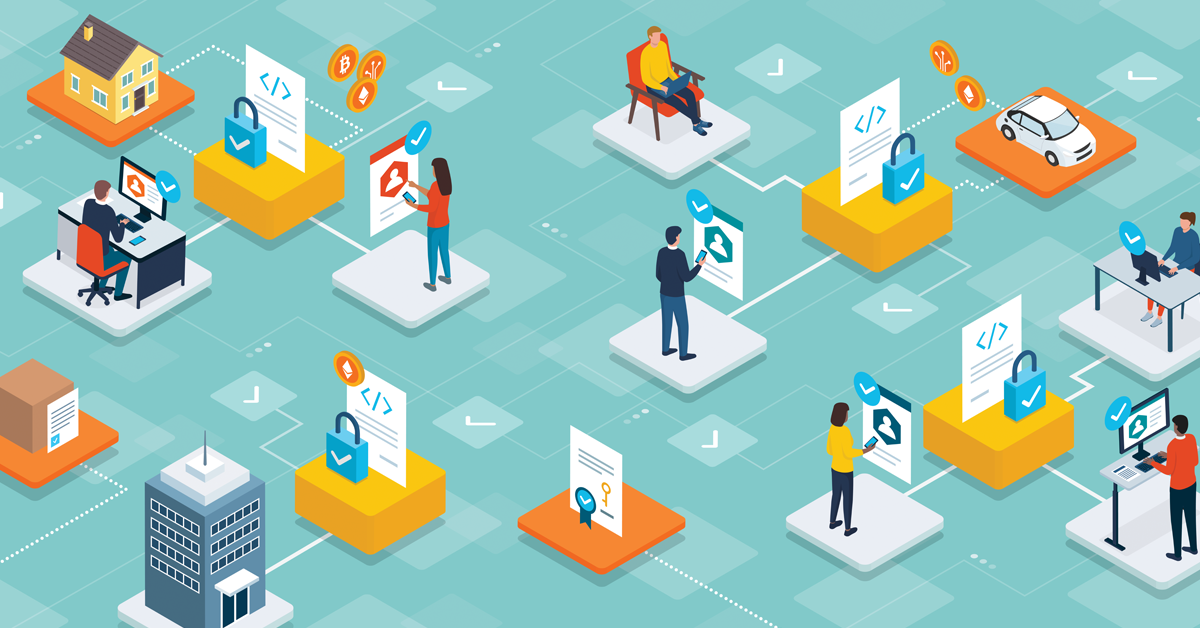
Introduction: Changing Landscape of Insurance Payments
If you’re in the insurance industry, then you’ve probably heard this before: the insurance sector, traditionally seen as a laggard in adopting digital technologies, is now in a full-fledged revolutionary transformation. And you probably had one of two diverse reactions. Either you thought “I’m on it. I use all the digital tech available,” or you might have cringed a little and thought “I don’t have the time or resources to even think about digital transformation (whatever that is) right now!”.
If you’re an early tech-adapter and have welcome the type of disruption that the digitally-driven transformation has brought on, then kudos to you. You’re probably already in the agile mind-set and ready to face the next technological breakthrough that hits the insurtech market.
But there is a large portion of the insurance industry that hasn’t quite gotten there, and might be wondering if, with the rapid pace of change in the industry, they are risking being left behind.
And the answer is…probably.
The thing is, taking your first step in digital transformation isn’t that difficult. In fact, most insurers have likely made their first baby steps already without even knowing it.
If you’re already using Chatbots to provide 24/7 customer service and facilitate claim processes or using Predictive Analytics and Risk Assessment Tools to improve underwriting accuracy, then you my friend, have already inserted what many consider the key to the doors of digital transformation—Automation.
Automation refers to the use of technology systems or machines to perform tasks that would normally require human effort, with efficiency and error reduction as the main purpose.
If you’re not already using automation tools like the ones mentioned above, then you have to ask yourself, why not?
Maybe you still can’t justify the return on investment. Maybe it’s an intimidating undertaking.
In this article, we’ll be going through a quick overview of how Automation can impact your insurance business, as well as touch on some of the challenges of implementation to help you determine if Automation is, in fact, worth all the fuss. Which it totally is.
Automation and Its Impact on Insurance
Redefined Customer Experience
Ever been frustrated by the snail's pace of insurance processes? Automation is set to change that. By streamlining the tedious aspects of insurance, such as policy issuance, servicing, and claims handling, automation promises an enhanced customer experience.[1] Imagine getting your policy or claim approved almost instantly – that's what automation brings to the table!

Speeding up Claims Processing
One of the most significant impacts of automation will be on claims processing. Traditionally a time-consuming and labor-intensive task, claims processing can be expedited drastically with automation.[2] Not only does this reduce administrative overhead for insurers, but it also leads to faster payouts for policyholders. A win-win situation, wouldn't you say?
Risk Assessment and Pricing
Automation could revolutionize the way insurers assess risk and price their policies. By leveraging automated data analysis and machine learning, insurers can gain a more accurate understanding of risk, which can lead to more precise pricing. Think about it - instead of a 'one-size-fits-all' approach, you could get a policy that's tailor-made for you!
Current Applications of Automation in Insurance
Chatbots and AI Assistants
Ever interacted with a virtual assistant while purchasing an insurance policy online? These AI-powered chatbots, capable of understanding and responding to human language, are a prime example of automation in action.
Telematics in Auto Insurance
In the realm of auto insurance, telematics devices are revolutionizing the way risk is assessed. These devices, which monitor driving behavior in real-time, allow insurers to customize premiums based on individual driving habits. Safe driver? You might just land yourself a discount!
Predictive Analytics for Underwriting
Predictive analytics, powered by machine learning, is being utilized to enhance underwriting decisions. By analyzing vast datasets, these automated systems can identify patterns and trends that human underwriters might miss, leading to more accurate risk assessment and pricing.
Potential Challenges in Implementing Automation
Data Security and Privacy Concerns
Despite the myriad benefits, automation isn't without its potential pitfalls. As insurers collect and analyze more data, concerns about data security and privacy are bound to arise. How insurers address these concerns will be critical in maintaining customer trust.
Regulatory Challenges
Regulators may struggle to keep pace with the rapid advances in automation. Ensuring that automated processes meet regulatory requirements and standards is another significant challenge that insurers will need to tackle.
Preparing for the Future: Strategic Steps for Insurers
Investing in Skills and Talent
To fully harness the potential of automation, insurers will need to invest in skills and talent. This includes training existing employees and recruiting new talent with expertise in areas like data analytics and machine learning.
Collaborating with Tech Firms and Insurtech Companies
Innovation in automation is often driven by tech firms and insurtech companies. By collaborating with these entities, insurers can gain access to cutting-edge technology and innovative solutions that can help them stay competitive in the evolving landscape.

Conclusion: The Transformative Potential of Automation
As we look to the future, it's clear that automation holds immense transformative potential for the insurance industry. From enhancing customer experience to revolutionizing risk assessment, the benefits are profound. Yet, insurers must also navigate potential challenges and strategically prepare to seize these opportunities. As the automation wave reshapes the insurance landscape, one thing is certain – the future of insurance is digital, and it's here to stay.
Ready to get started with digital transformation? Request a demo.
